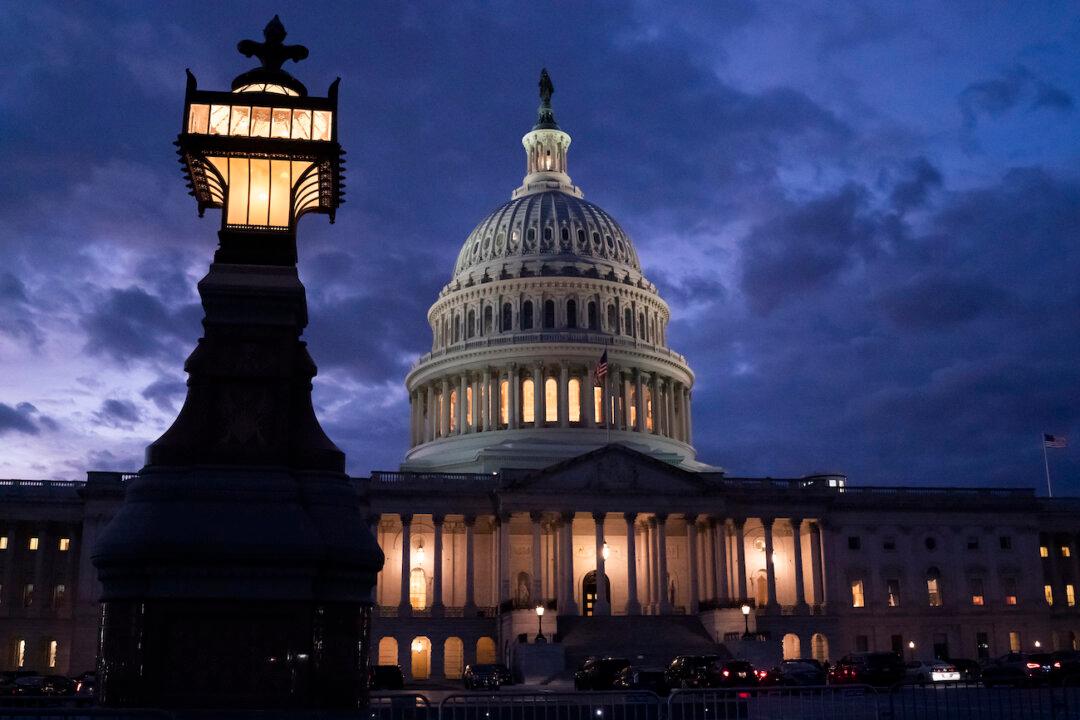The Congressional Budget Office (CBO) has released an estimate of what it would cost to make most temporary provisions in the House-passed Build Back Better Act permanent, projecting it would add trillions to the deficit and sparking a fresh wave of Republican criticism of the Democrats’ social and climate spending bill.
Responding to a Republican request for a budgetary impact score for a modified version of the House-passed Build Back Better Act that does not include sunsets, the CBO’s Dec. 10 projection estimates that it would add $3.0 trillion to the deficit over a decade.





